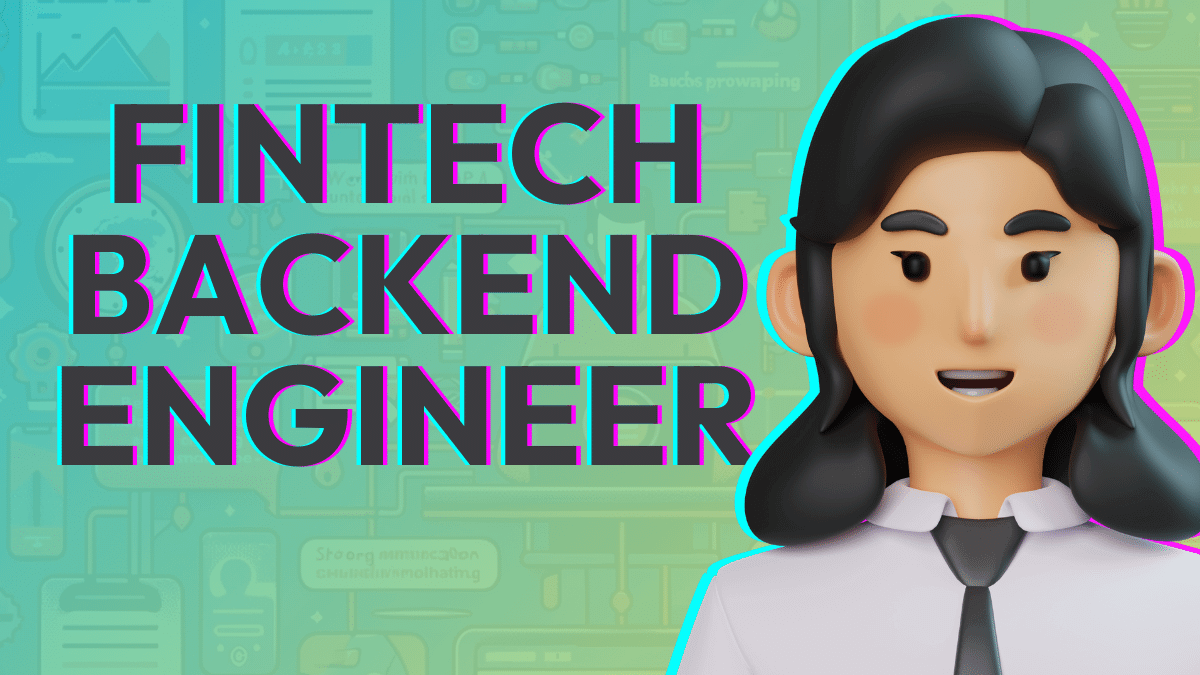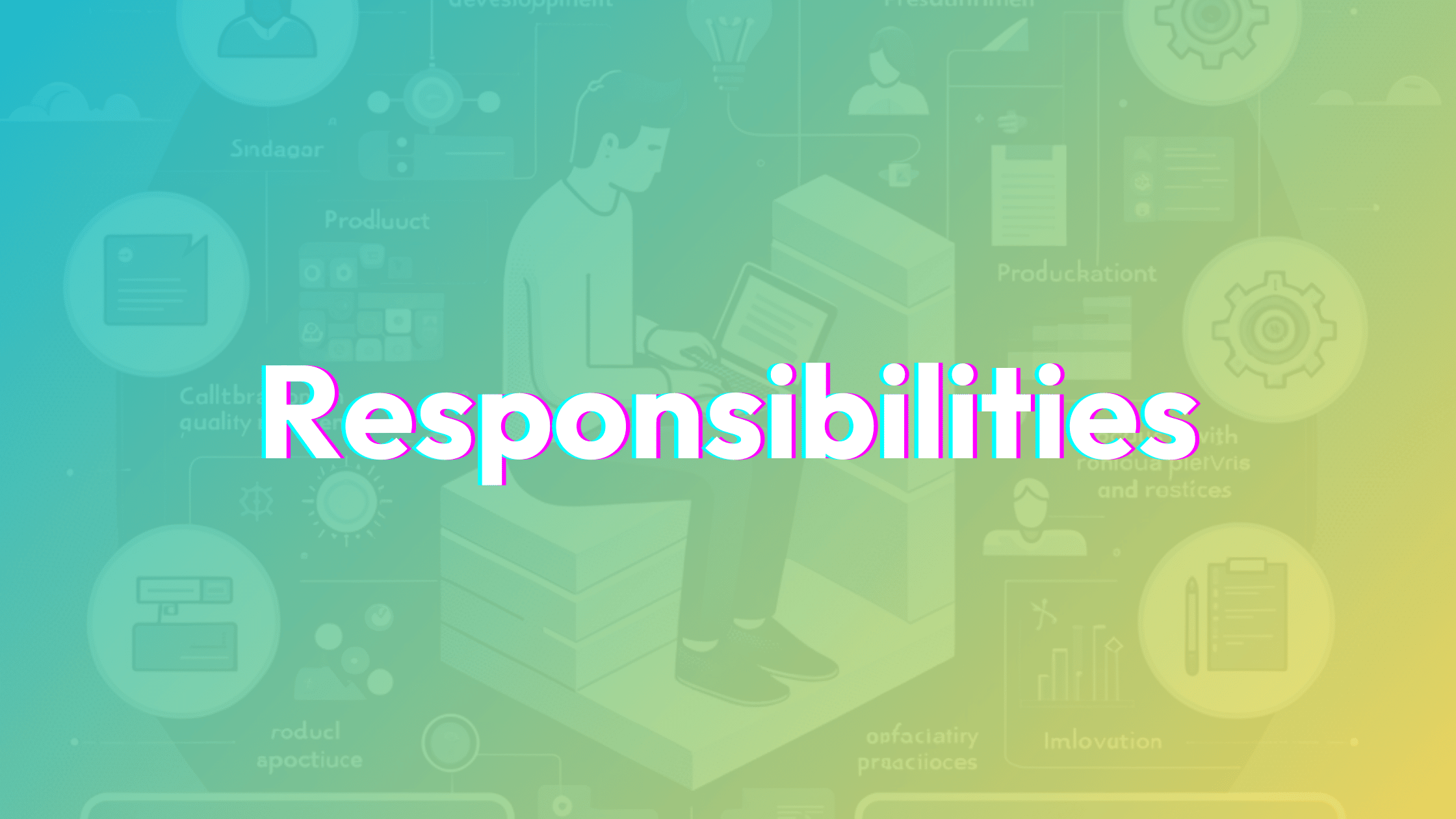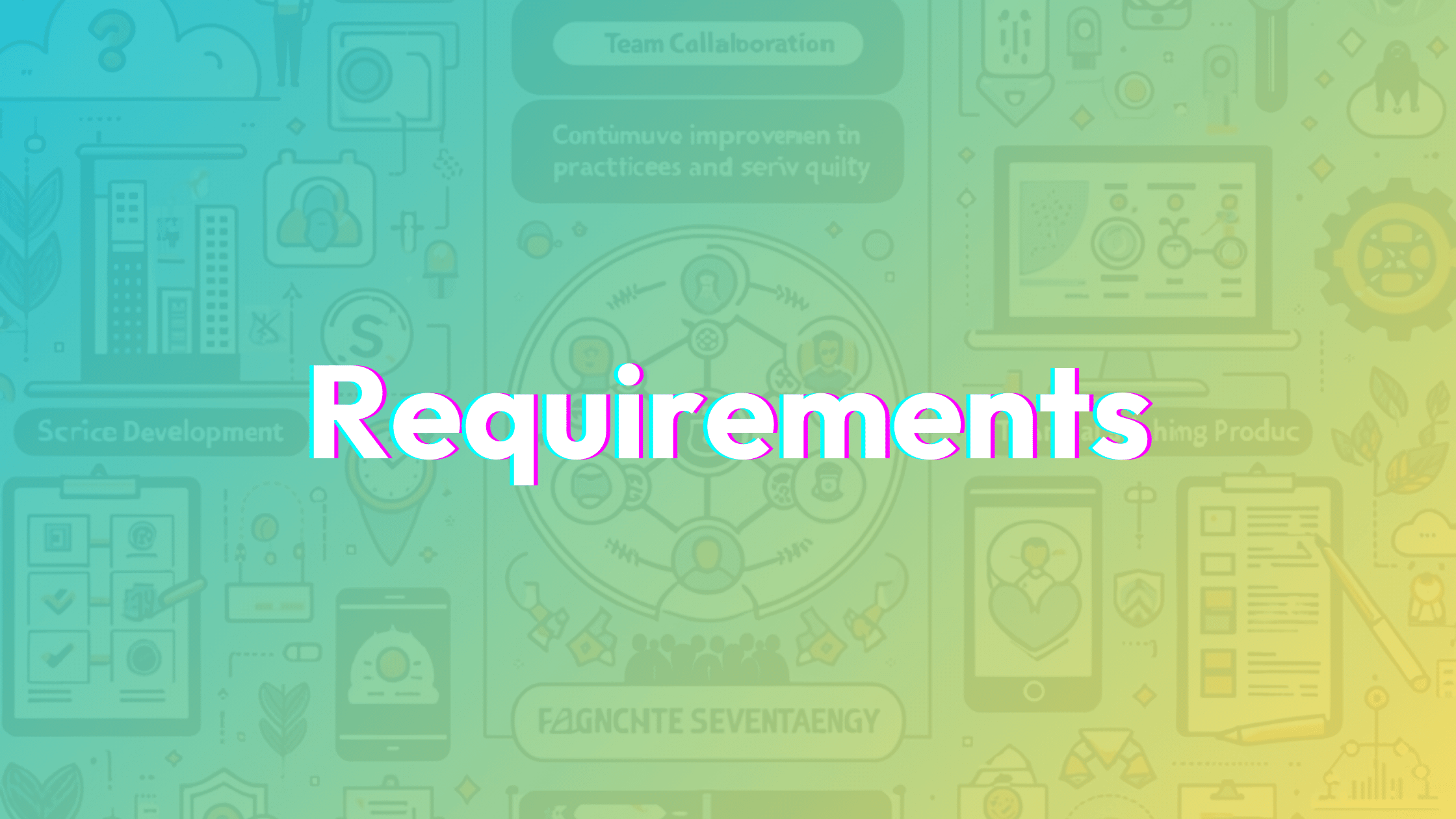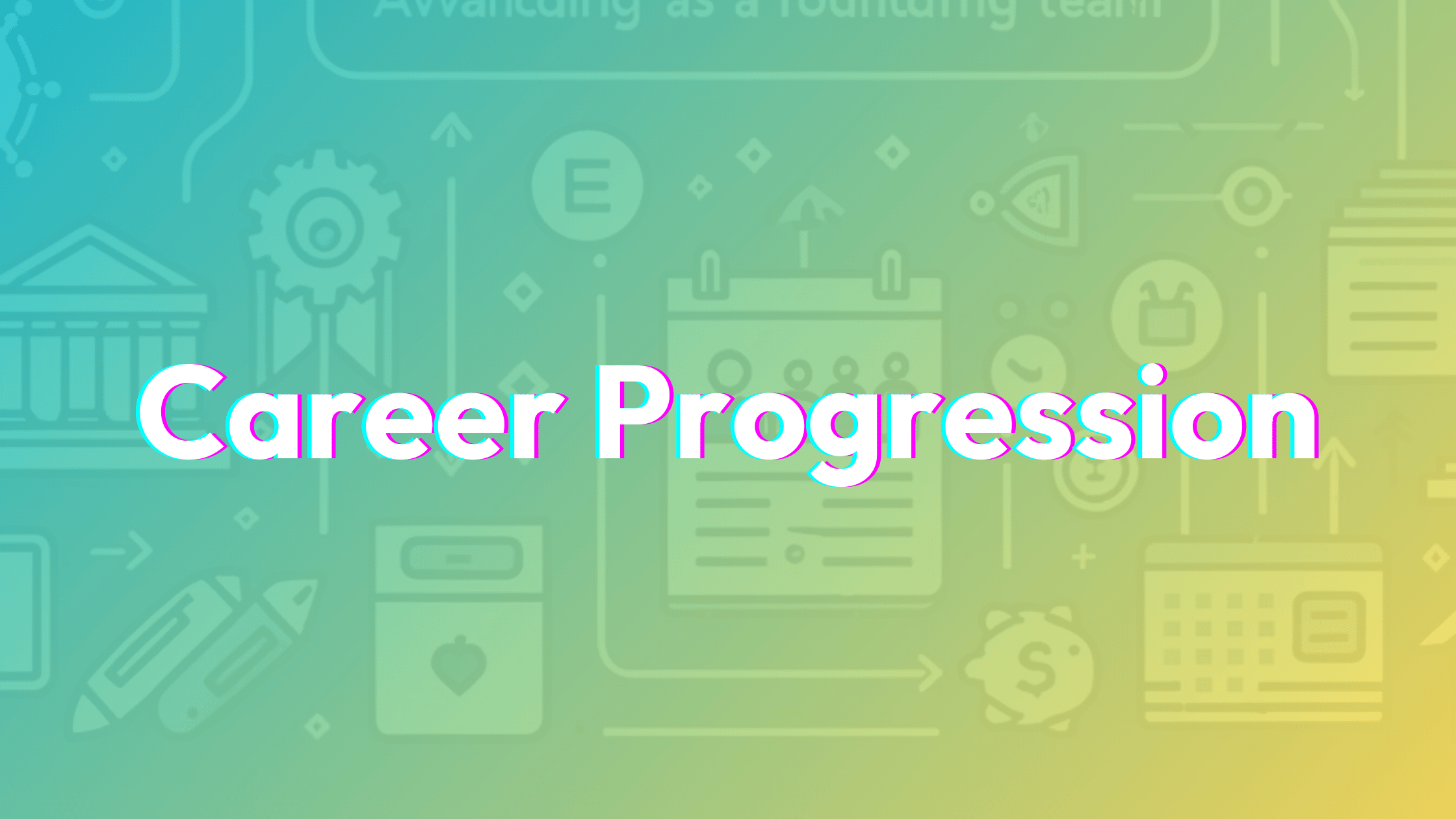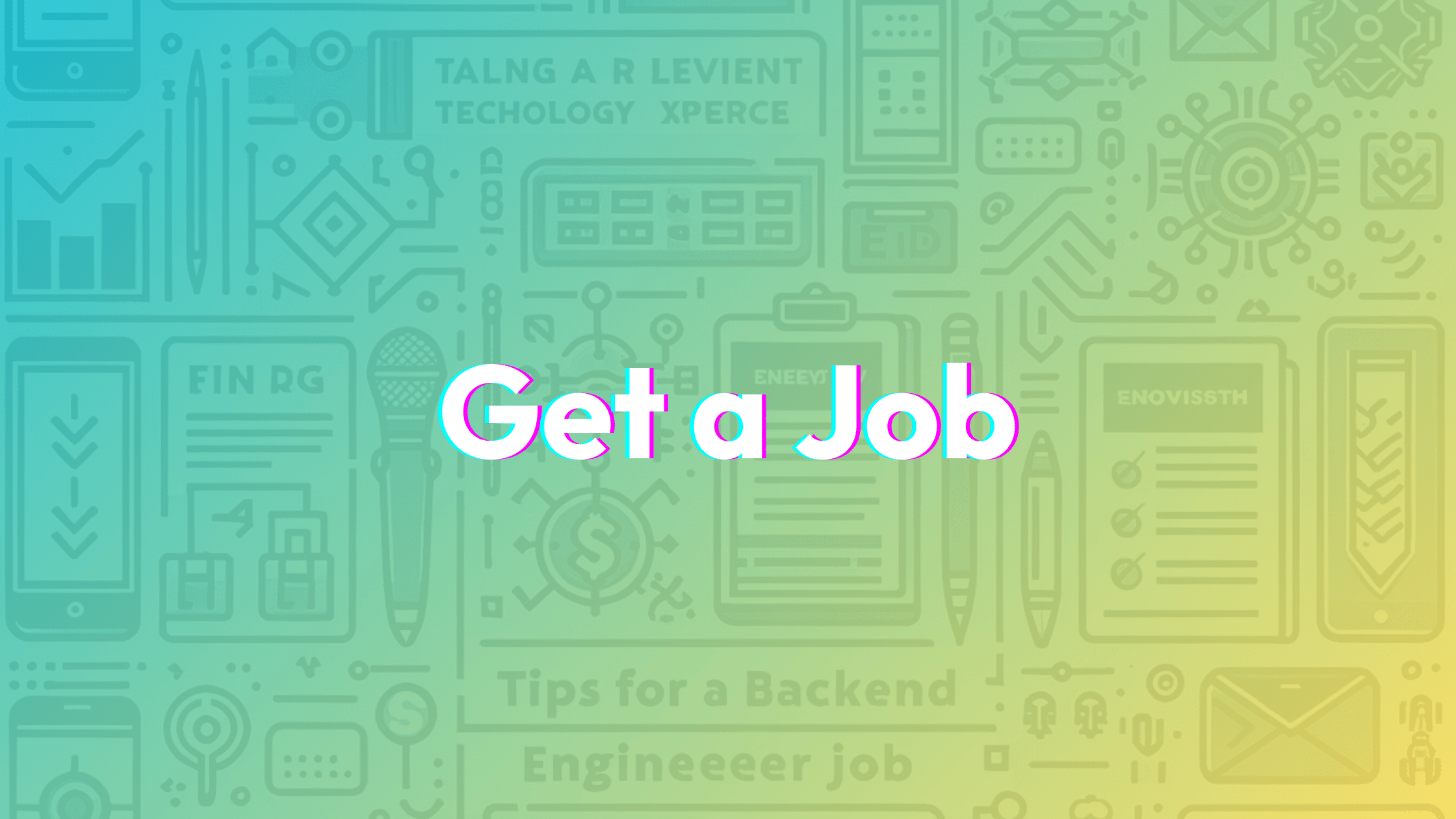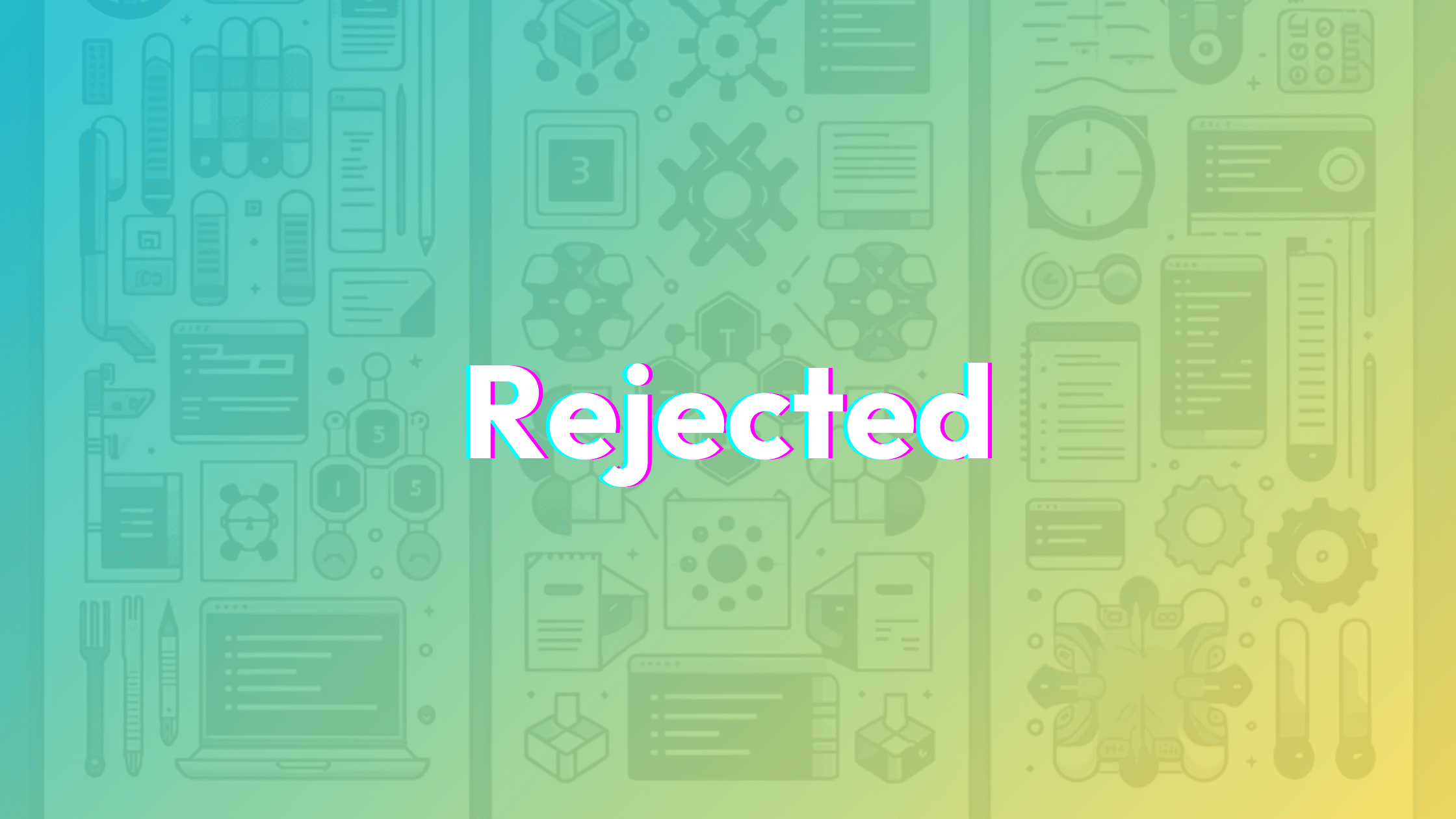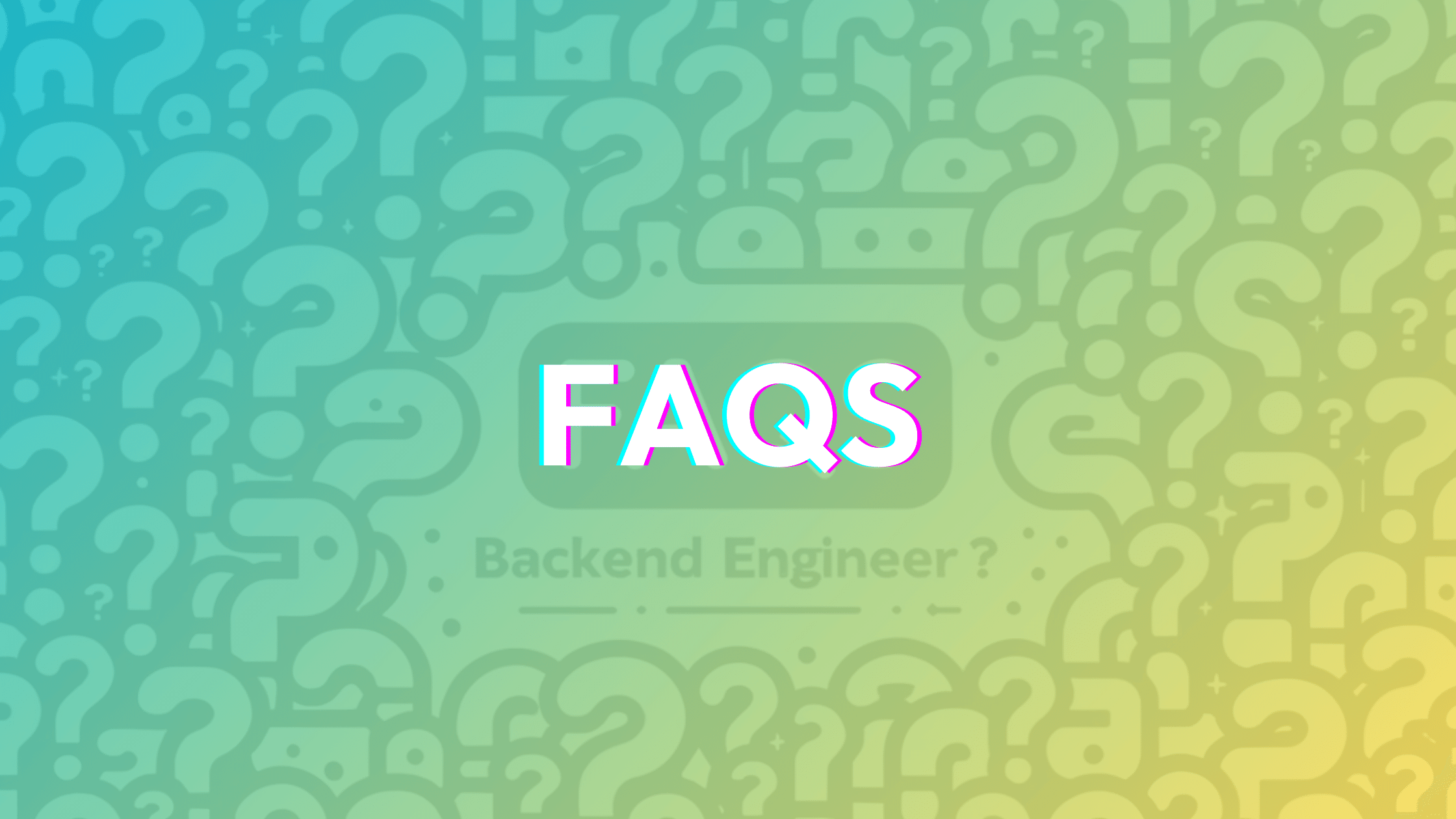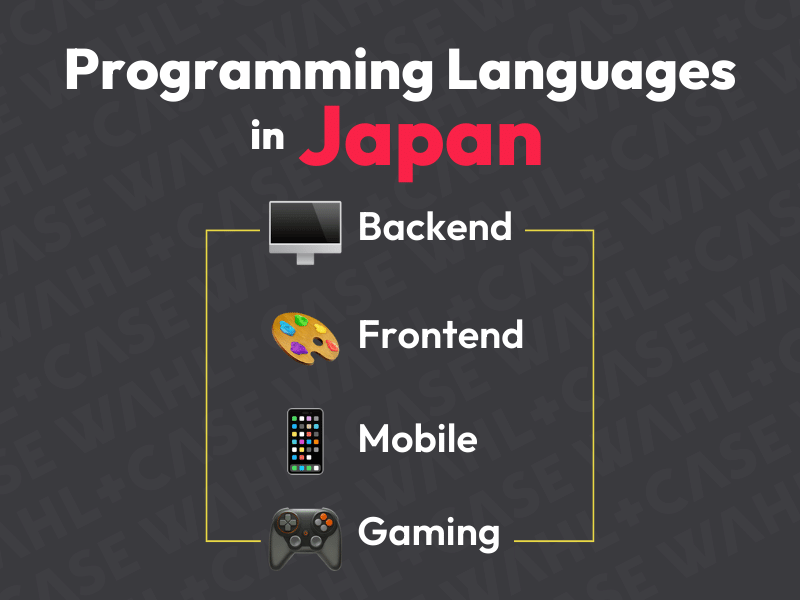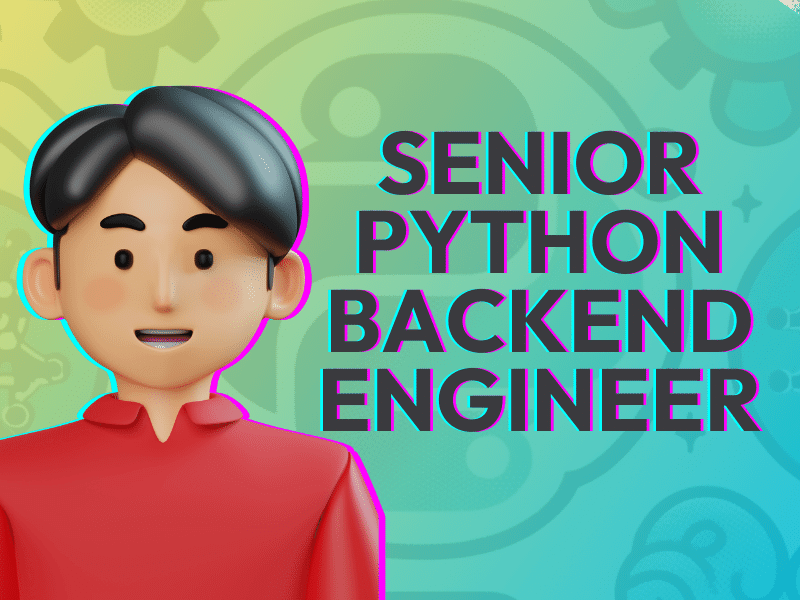Fintech Backend Engineer in Japan - Everything You Need to Know
Technical recruiter in Tokyo.
He has experience in hiring Senior Engineers for his Japanese FinTech clients, so I asked him about how YOU can get that job.
Here is a real picture of Del climbing a fake mountain:
Now you can imagine Del is giving you these tips instead of me.
There’s a lot to cover, so let’s get started.
What is a Backend Engineer in FinTech?
As a Backend Engineer in FinTech in Tokyo, you'll shape API and backend services, contribute to technical design, and build back-end systems. Your role revolves around working with Scala in a pure functional programming codebase in a cloud-native environment.
Scala and Functional Programming in FinTech
In this role, you'll harness Scala, a language known for compatibility with functional programming concepts - a method revered in the secure realms of FinTech and banking.
You'll do this by using functional programming libraries like Cats.
Your Responsibilities as a Backend Engineer in FinTech
You will have a variety of responsibilities:
Owning and Shaping API and Backend Services: You will own and shape the API and backend services from end to end. This involves development and ensuring these services meet high standards of performance and reliability.
Working with Scala in a Functional Programming Environment: You will work extensively with Scala in a purely functional programming codebase. This requires a deep understanding of functional programming principles and the ability to apply them effectively in a cloud-native environment.
Collaborating with Teams: You will work closely with the product and UX engineering teams. Your role in API design and integration is critical, ensuring seamless collaboration and cohesion between different aspects of our products.
Technical Design and Planning: You'll contribute significantly to planning and technical design, identifying opportunities to innovate and improve our practices and processes. Your input will be vital in maintaining the high quality of our API and backend services.
Independent and Flexible Working: You will have the flexibility to work independently, managing your hours around key meetings. This role offers the opportunity to work remotely, collaborating with a global team.
Daily Stand-Up and Sprint Meetings: Your days will include stand-up meetings at 5 PM Japan time and sprint meetings every two weeks, ensuring you're always in sync with the team and our projects' progress.
Hands-On Development: Expect to engage in hands-on development, diving into the nitty-gritty of coding work. You'll be actively coding and developing solutions that are integral to our products.
Collaboration with UI/UX and Product Teams: A significant part of your role involves collaborating with UI/UX and the product teams for API design and integration. This will require a keen understanding of both technical and user experience aspects.
Adapting to a Diverse Codebase: The codebase you'll be working on has been developed by many contributors. You'll need to adapt to different coding styles and methodologies, particularly transitioning from a traditional object-oriented approach to a functional programming mindset.
Now, let's break down what you will actually be doing daily, except on weekends and holidays:
Day-to-Day Life of a Backend Engineer in FinTech
Your daily schedule as a Backend Engineer in our FinTech company will be dynamic and varied. Here's a breakdown of what a typical day might involve:
Morning: Start of the Day
Begin your day at a time that suits your schedule, thanks to our flexible working hours.
Spend the first-hour reviewing emails and updates, ensuring you're aligned with any new developments or priorities for the day.
Dedicate time to independent coding or development work, tackling the most challenging tasks while your mind is fresh.
Midday: Collaboration and Development
Engage in collaborative work sessions with team members, including pair programming or joint problem-solving.
Attend any scheduled meetings with the product or UX teams to discuss API design and integration.
Take a well-deserved lunch break, ensuring you step away from your workspace for a mental refresh.
Afternoon: Continued Focus
Continue with hands-on development work, focusing on building and refining backend services.
Spend time reviewing and testing your code, ensuring high quality and functionality.
If you're in a different timezone, this might be when you have more interaction with team members in other regions.
Evening: Stand-Up Meeting and Wrap-Up
Participate in the daily stand-up meeting at 5 PM Japan time. This is an essential touchpoint to synchronize with the team, discuss progress, and highlight any challenges.
After the meeting, take some time to plan for the next day or complete any outstanding tasks.
Conclude your workday, ensuring a healthy balance between professional commitments and personal time.
Bi-Weekly: Sprint Meetings
Every two weeks, you will participate in sprint meetings. These are crucial for setting goals, reviewing progress, and planning the next steps in our project timelines.
What are the requirements to work as a Backend Engineer in Fintech?
Requirements
To be a successful candidate, you should:
Have a solid background in building APIs and backend services.
Possess experience in functional programming, ideally with Scala.
Be customer-focused, with a knack for crafting superior customer experiences.
Embrace simplicity in solutions, favoring those that evolve and scale effectively.
Be an effective communicator, capable of conveying complex ideas.
Show strong ownership and a growth mindset, actively seeking and providing feedback.
Bonus Points
Being located in the APAC timezone is advantageous.
Fluency in Japanese is a plus, aiding in serving our Japanese customer base.
Out of all of the requirements, here are the 5 skills that Del said you should focus on to get a job as a bridge.
5 Skills That Will Make You Stand Out as a Backend Engineer in FinTech
1. Experience in Functional Programming (e.g., Pascal, Clojure)
Why It Matters
Functional programming is critical in FinTech due to its emphasis on immutability and pure functions, leading to more predictable and secure code. This is essential in an industry where security and reliability are paramount.
How to Build It
Start by learning the basics of functional programming languages like Pascal or Clojure. Engage in projects that require you to use these languages, and seek out resources or courses that focus on functional programming concepts.
2. Proficiency in Scala, Especially the Cats Library
Why It Matters
Scala, with its functional programming capabilities, is a preferred language in FinTech for building robust and scalable backend systems. The Cats library in Scala is particularly important for its advanced functional programming tools.
How to Build It
Deepen your knowledge of Scala by working on projects that use Scala extensively. Focus on understanding and applying the Cats library. Participate in Scala communities or contribute to open-source projects to gain practical experience.
3. Mobile Application Development Skills
Why It Matters
As mobile technology continues to dominate consumer interactions, skills in mobile application development are crucial for backend engineers to ensure seamless integration and functionality of FinTech services on mobile platforms.
How to Build It
Develop skills in mobile application frameworks and languages. Work on mobile app projects, particularly those that integrate with backend services, to understand the nuances of mobile-backend interactions.
4. Experience in Payment or FinTech-Related Fields (e.g., E-Commerce)
Why It Matters
Having experience in payment systems or FinTech-related fields like e-commerce equips you with an understanding of industry-specific challenges and customer needs, enabling you to build more effective and user-centric solutions.
How to Build It
Gain experience by working in roles or projects focused on payment systems or e-commerce. Stay updated with industry trends and technologies to understand the evolving landscape of FinTech.
5. Communication Skills
Why It Matters
Effective communication is key in translating complex technical concepts to non-technical stakeholders and collaborating efficiently within a team. It’s essential to ensure that technical solutions align with business objectives and user needs.
How to Build It
Focus on improving both verbal and written communication skills. Engage in cross-disciplinary projects to practice explaining technical details in an accessible way. Seek feedback on your communication style and adapt accordingly.
What is the career path for someone passionate about financial technology?
Career Progression for a Backend Engineer in FinTech
Your career as a Backend Engineer in the FinTech sector offers a variety of growth and development opportunities. You'll have the chance to be a founding member, with opportunities for mentoring and stepping into more influential roles.
Here's a career map to guide your progression:
Entry-Level: Junior Backend Engineer
Starting Point: Begin your journey with a focus on learning and mastering fundamental backend technologies and methodologies.
Goals: Gain proficiency in Scala and functional programming, understand the basics of FinTech systems and develop effective communication skills.
Duration: Typically 1-2 years.
Mid-Level: Backend Engineer
Transition: Progress to taking on more complex projects, with increased responsibility for designing and implementing backend solutions.
Goals: Deepen your technical expertise, start mentoring juniors, and take on leadership roles in smaller projects.
Duration: Around 3-5 years.
Senior-Level: Senior Backend Engineer
Next Step: As a senior, lead significant projects, make architectural decisions, and play a key role in strategic planning.
Goals: Master advanced technologies, contribute to innovation, and develop strategic thinking aligned with business goals.
Duration: Typically 5-8 years.
Leadership Roles: Lead Engineer / Engineering Manager
Leadership Path: Move into roles where you're leading teams, managing multiple projects, and influencing company-wide technical strategies.
Goals: Focus on team management, strategic planning, and cross-departmental collaboration.
Duration: Varies, based on individual performance and company needs.
Executive Level: Chief Technology Officer (CTO)
Ultimate Goal: Reach a position where you're shaping the company's technology vision, making high-level decisions, and driving the business forward.
Goals: Oversee all technical aspects, innovate at scale, and align technology with business objectives.
Duration: Typically attained after many years of demonstrated leadership and technical excellence.
Ready to apply? Use this link to reach out to us!
Before you do, here are some tips from Del to help you land the job.
Tips for Landing the Job
CV Tips
Highlight Relevant Technical Skills
List Specific Technologies: Mention any experience with Scala, particularly with functional programming aspects and libraries like Cats.
Showcase Projects: Include details of projects where you've used Scala or other relevant technologies. If you've worked on mobile applications or payment systems, make sure to highlight these experiences.
Emphasize Industry Experience
Focus on FinTech Relevance: If you have experience in e-commerce, FinTech, or financial services, emphasize this. Detail how your work contributed to the success of these projects.
Demonstrate Your Impact: Where possible, use metrics or specific outcomes to show how your contributions made a difference in past roles.
Include a Personal Summary
Express Your Passion: Write a summary that conveys your enthusiasm for mobile technology, FinTech, and working in startup environments. This personal touch can set you apart.
Global Mindset: If you have experience working remotely or with international teams, highlight this. It shows your ability to adapt to different working environments, which is valuable for global teams.
Interview Tips for Backend Engineers in FinTech
Succeeding in an interview for a Backend Engineer role in FinTech requires more than just technical knowledge; it's about demonstrating your fit for the role and the company culture.
Here are tips to help you excel:
Research and Preparation
Understand the Company: Research the company's products, services, and market position. Understanding their role in FinTech will help you contextualize your responses and questions.
Product Familiarity: If possible, download and use the company's products. Being able to discuss the product's functionality and possibly suggest improvements shows initiative and genuine interest.
Demonstrating Technical Expertise
Discuss Past Projects: Be prepared to talk in detail about your previous work, especially projects involving Scala or functional programming. Explain your role, the challenges faced, and how you overcame them.
Functional Programming Knowledge: Discuss how you've applied these principles in real-world scenarios.
Communication Skills
Clear and Concise Responses: Practice delivering clear and concise answers to common interview questions. Being able to articulate your thoughts effectively is crucial.
Non-Technical Communication: Be prepared to explain technical concepts in a way that non-technical interviewers can understand. This ability is essential in a role that often requires cross-functional collaboration.
Understanding the Role
Questions About the Role: Prepare thoughtful questions about the role, team, and company. This demonstrates your interest and desire to understand the company's expectations and culture.
Interview Process
Initial interview with an engineer.
Technical exercise followed by a discussion with the engineering team.
Final interview with the CTO.
Let’s go over some of the reasons Del has seen people get rejected from this role.
Why People Get Rejected for Backend Engineer Positions in FinTech
Here are the specific aspects Del noted:
Lack of Functional Programming Experience
Not Just Scala Proficiency: Having experience in Scala is beneficial, but it's crucial to demonstrate practical knowledge of functional programming principles. Candidates who are proficient in Scala but lack functional programming skills often face rejection.
Depth of Knowledge: Simply knowing the syntax or basic concepts of Scala is not enough. A deep understanding of how to apply functional programming in real-world scenarios is expected.
Insufficient Experience with Specific Scala Libraries
Cats Library Familiarity: Candidates often get rejected for not being familiar with specific libraries in Scala, like Cats. This library is essential for many FinTech companies due to its advanced functional programming tools.
Practical Application: It’s important to show that you've used these libraries in practical settings, not just in theoretical or isolated examples.
Limited Experience in Relevant Projects
Relevant Industry Experience: Candidates needing more experience in payment systems, FinTech, or related fields like e-commerce may find it harder to secure a position. Such experience demonstrates an understanding of the industry’s unique challenges.
Project Continuity: Experience working on a project for an extended period is valuable. It shows commitment and the ability to understand and contribute to a project's evolution.
Here are some common questions Del gets about working with this FinTech client.
Frequently Asked Questions for Backend Engineer Positions in FinTech
Q1: What programming languages and technologies are essential for this role?
A: Proficiency in Scala, especially with a focus on functional programming, is crucial. Familiarity with functional programming libraries like Cats is also highly valued. Experience with mobile application development and payment systems can be beneficial.
Q2: Can I apply if I'm not located in the APAC timezone?
A: Yes, you can apply. However, being in the APAC timezone is a plus for smoother coordination with our global team. The role offers flexibility to work from different locations, but you must be able to attend key meetings.
Q3: Is fluency in Japanese necessary for this position?
A: While not a requirement, fluency in Japanese is an added advantage, particularly for better serving our expanding Japanese customer base. However, strong communication skills in English are essential.
Q4: What are the key responsibilities of a Backend Engineer in this role?
A: Responsibilities include owning and shaping API and backend services, working with Scala in a functional programming environment, collaborating with product and UX teams on API design and integration, and contributing to technical design and planning.
Q5: What does a typical day look like for a Backend Engineer in this role?
A: A typical day involves a mix of independent development work, collaborative sessions with team members, daily stand-up meetings, and regular sprint meetings. The role offers flexibility in working hours and the option to work remotely.
Q6: What kind of career progression can I expect in this role?
A: Career progression typically starts from a Junior Backend Engineer, advancing to mid-level, senior positions, and eventually leadership roles like Lead Engineer or Engineering Manager. Continuous learning and adaptation to new technologies are key for progression.
Q7: Are there any specific experiences or projects that will make my application stand out?
A: Yes, experience in building APIs and backend services, particularly in a FinTech or e-commerce setting, is highly desirable. Projects that demonstrate your ability to use Scala for functional programming and your experience with specific libraries like Cats will make your application stand out.
Q8: What are some common reasons for rejection in this role?
A: Common reasons include lack of functional programming experience, insufficient familiarity with specific Scala libraries like Cats, limited relevant industry experience, and not meeting the seniority level required for more advanced positions.
Q9: What should I focus on in my CV for this position?
A: Your CV should highlight your technical skills, particularly in Scala and functional programming. Include details of relevant projects and industry experience. A personal summary expressing your passion for FinTech and mobile technology can also make a strong impact.
Q10: What tips can you provide for the interview process?
A: Prepare by researching the company and understanding its products. Be ready to discuss your technical experience and how it relates to the role. Demonstrating effective communication skills and showing an understanding of the FinTech industry will be crucial during the interview.

